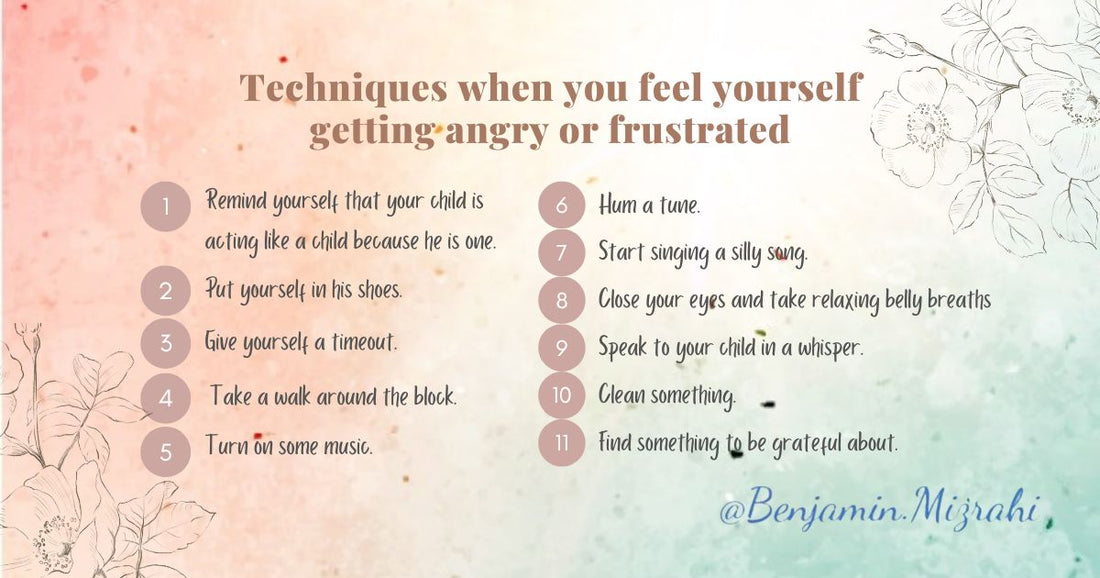
Know the Right Reasons for Your Child’s Wrong Behavior
Share
When a child with ADHD misbehaves, sometimes it’s willful disobedience. More often, though, these “wrong” behaviors are out of her control.
Here are some of the ways we achieve calm in the face of ADHD challenges:
1. Recognize that what looks like willful disobedience may not be. The first step is to understand your child with ADHD and why he does the things he does, especially things that look and feel like willful disobedience. Most children with ADHD have very low frustration tolerance, and many are inflexible.
2. Guide a child through her frustration. How many times has your child asked for something and melted down when she didn’t get it? When a child is two or three years old, you expect that. When she is eight or nine years old, you think she should know better. At 12, you think that a meltdown is ridiculous. You try to impose your will and put your foot down, and the child spirals out of control.
You think it’s all because she didn’t get her way. But it’s not. She’s not throwing a fit to strong-arm you into giving her what she wants — it’s not a “fit” at all. She is unraveling emotionally because she doesn’t have the skills to see that there’s more than one option. She can’t handle the frustration she feels when the thing she knows to be true isn’t.
3. Don’t engage a child when she is melting down; remain detached. Remember that your child’s behavior is not a personal attack on you. By not taking it personally, you have a better chance of staying calm and under control.
4. Work together to teach your child skills. If your child is frustrated because his play date is canceled, talk through the situation with him. Show empathy for his feelings to validate his emotions. Tell him you will reschedule the play date, and talk about what he will do when he plays with his friend.
Talk about what you both might do with the free time that has suddenly opened up. This teaches him to think through options, and distracts both of you from being emotional about the situation. View everything as a problem to be solved, and take the opportunity to teach problem-solving skills.
5. Remember that you have control of the situation when your child is trying to control you. Don’t give in to your child and make a bad situation worse. There are many ways to maintain your authority besides raising your voice or laying down a mandate. Yelling or threatening to punish your son when he acts up will only prolong the outburst; remaining calm and detached will shorten it.
Calm Is Crucial. The key to calm parenting is to understand the triggers and functions of your child’s unwanted behaviors.
The stress of parenting a child with ADHD is hard enough without yelling. Kids with ADHD are perceptive — the calmer you are, the calmer they are likely to be, and vice versa.
Making an effort to remain calm with your son or daughter will bring a dramatic shift in your family dynamic and your relationship with your child. I know from my own experience that once you learn how to be calm, you will be a more effective parent.
Coach Benjamin Mizrahi. Educator. Learning Specialist. Family Coach. Father. Husband.
More articles on EXECUTIVE FUNCTIONS COACHING (mrmizrahi.com)
